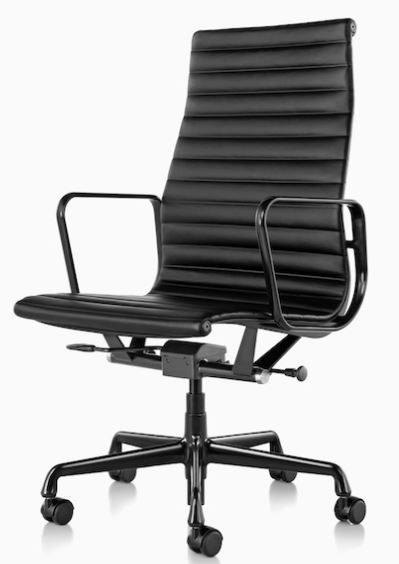British Amateur Gymnastics Association rolls and tumbles to trade mark enforcement against UK Gymnastics – UK Court of Appeal upholds trade mark infringement finding
A recent UK Court of Appeal case has highlighted the importance of assessing the conceptual similarity of marks and not just their aural and visual similarities, when considering a potential trade mark infringement.
The UK Court of Appeal was hearing an appeal from a decision of the Intellectual Property Enterprise Court concerning a claim by the British Amateur Gymnastics Association (“BAGA”) against UK Gymnastics and UK Gymnastics Affiliation (together “UKG”) for trade mark infringement and passing off. BAGA is a not for profit private company and recognised as the national governing body for the sport of gymnastics in the UK. UKG is a gymnastics sporting body that provides: membership services to individual gymnasts, gymnastics clubs and coaches; competitions; courses and badge/certification programmes among other services.
At first instance, HHJ Melissa Clarke found UKG liable for infringement of BAGA’s trade marks and passing off. UKG were granted permission to appeal on limited grounds which are listed below.
Read More

